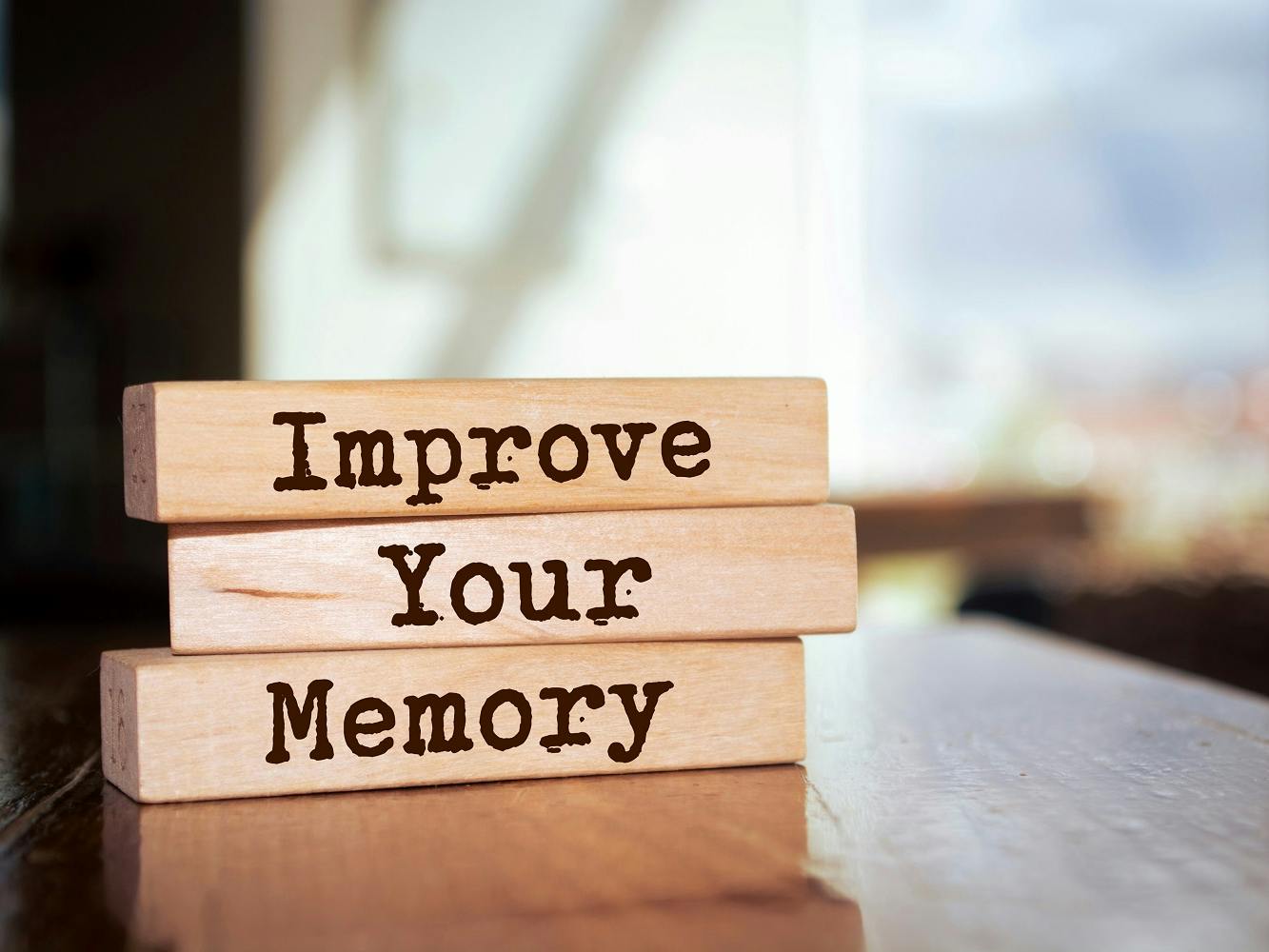
A little forgetfulness is a normal part of aging. But there are many things you can do to keep your memory sharp.
Some time around late middle age, the fear starts. You forgot where you put your reading glasses. You called your daughter by the cat’s name. You found your car keys in the refrigerator. Are these early signs of Alzheimer’s disease?
The good news is that lapses like these are generally not symptoms of developing dementia like Alzheimer’s disease. (While there are several medical conditions that may cause dementia, Alzheimer’s is by far the most common.) Rather, most forgetfulness is just part of normal aging. Just as your body changes as you get older, the brain changes, too.
The kinds of forgetfulness that should make you worry are memory problems that interfere with living your life: things like forgetting to pay bills, frequently losing track of the date or time of year, making poor decisions.
A recent study from Columbia University found that only about 10% of people over 65 have Alzheimer’s or another condition that causes dementia. An additional 22% have mild cognitive impairment, meaning that they have more memory problems than are considered normal for their age, but can usually take care of themselves and go on with their lives.
But even if you’re in the majority of the population that never develops dementia, you’ll probably notice some memory changes as you get older. That includes such common experiences as forgetting the name of a person you just met at a party, or walking into a room and not remembering why you went in.
The good news is there are things you can do to help keep your memory sharp. Try these tips to keep your brain as healthy as possible as the years go by.
1. Get some zzz's
Good sleep is as important for brain health as it is for overall health. “The 80 billion brain cells are like 80 billion little factories—they’re working throughout the day, making new connections,” said Marc Milstein, PhD, author of The Age Proof Brain: New Strategies to Improve Memory, Protect Immunity, & Fight off Dementia, speaking to The New York Post. “And just like any factory, there’s garbage that needs to be cleared away. But as we get older, the ability to do that can be not as effective or not as efficient, so trash builds up and it becomes hard to find things or to focus. Sleep will help wash that brain trash out.”
If you’ve been unable to get the recommended 7 to 9 hours of sleep a night, make an appointment with your healthcare provider to make sure that there’s not a medical problem interfering with your rest.
2. Move!
Any activity that improves the health of the body also improves the health of the brain. Physical exercise, for example, helps increase blood flow to the brain, which may help keep memory sharp. You don’t have to join a cycling team or start training to run a marathon. Studies have shown that regular walking can help lower the risk of dementia. And a study at Albert Einstein School of Medicine in New York compared different types of physical activity to prevent memory loss and found that ballroom dancing was particularly effective!
3. Eat some brain food
The best foods for the brain are those that help reduce inflammation and keep the heart and blood vessels healthy. In 2015, doctors from several universities developed the MIND diet to help preserve memory and brain function. The diet divides foods into those that are brain-healthy (including whole grains, vegetables, nuts, beans, berries, poultry, fish) and those that are brain-unhealthy (such as sweets, red meat, cheese, fried foods, butter, and margarine). Following the diet can reduce the risk of developing Alzheimer’s and other causes of dementia.
Learn how colorful foods keep your brain young.
4. Take your vitamins
Experts are skeptical about the value of special “brain” supplements and their claims about memory improvement. But it turns out a regular multivitamin may have a real effect. Recent studies at Harvard, Wake Forest, and Columbia Universities found that taking multivitamins can slow the pace of age-related memory loss.
The scientists say they’ll need to do more research to identify the specific nutrients that boosted memory, but earlier studies point to vitamin B, vitamin D, zinc, and magnesium as the most likely candidates. The scientists advise that people who aren’t already taking multivitamins talk to their doctors before starting.
5. Check your meds
When people experience memory loss, Alzheimer’s disease is often the first thing that springs to mind. But for some people there may be a less scary reason for the decline. Certain drugs can affect memory, including some over-the-counter medicines like certain antihistamines. Make sure you have a regular review of your medications and let your health provider know of your concerns, particularly if you’re worried about memory loss.
6. Learn something new
Activities that keep you mentally active are great ways to keep the brain working well. Reading, crossword puzzles, or word games like Wordle or Spelling Bee are all good options.
But if you’ve been doing these things regularly for a while, consider trying something different. To really challenge your brain you need to be learning something new—like taking a foreign language class, learning to play a new musical instrument, or even starting a new sport like pickleball. It may be a little harder to learn something than when you were younger, but making learning a priority throughout your life is one of the best things you can do for your memory.
Find out how you can keep learning for a lifetime!
7. Talk to yourself
Several different parts of the brain are involved in storing memories. Experts say that the more senses you use when you learn something, the better the chance you’ll retain the memory. One trick to help you remember something is to focus on it and then say it out loud. Using both the speech and hearing parts of the brain will make it more likely you’ll remember something. Extra credit: Write it down, too!
8. Talk to other people
Being socially active and spending time with other people can help prevent you from feeling depressed or stressed, and that helps keep your brain healthy and your memory strong. Multiple studies show that people who enjoy different kinds of social events and gatherings are rewarded with some protection against brain aging and memory loss.
It doesn’t matter if you’re not a party animal. Join a book group. Set up a regular lunch date. Or just get together with a friend (or several!) for a cup of coffee or an outdoor stroll.
There’s plenty you can do to help keep your mind sharp. So make a mental note to try one or more of these tips today!
Medicare and mental sharpness
Original Medicare will cover diagnostic tests and treatments related to dementia or Alzheimer’s disease. But Medicare Advantage plans go farther, often covering part or all of the cost of certain brain-healthy lifestyle choices. Check out our easy-to-use Find a Plan tool to look for a plan that may cover gym memberships, multivitamins, hearing aids, and more!
Additional resources
- ClearMatch Medicare: Find a Medicare Plan
- National Institute on Aging: Preventing Alzheimer’s Disease
- Columbia University: One in Ten Older Americans Has Dementia
- Mayo Clinic: Healthy Aging: 7 Tips to Improve Your Memory
- Science Daily: Study Finds Walking Improves Brain Connectivity & Memory
- Albert Einstein College of Medicine: Social Dancing to Improve Cognition, Reduce Alzheimer’s Risk
- Harvard Medical School: Dancing and the Brain
- Harvard Medical School: 7 Ways to Keep Your Memory Sharp at Any Age
- Harvard School of Public Health: MIND Diet Review
- Columbia Magazine: Multivitamins Help Prevent Memory Loss
- University of Waterloo: Reading Information Aloud Improves Memory
- The Lancet: Social Connectedness and Cognitive Decline



